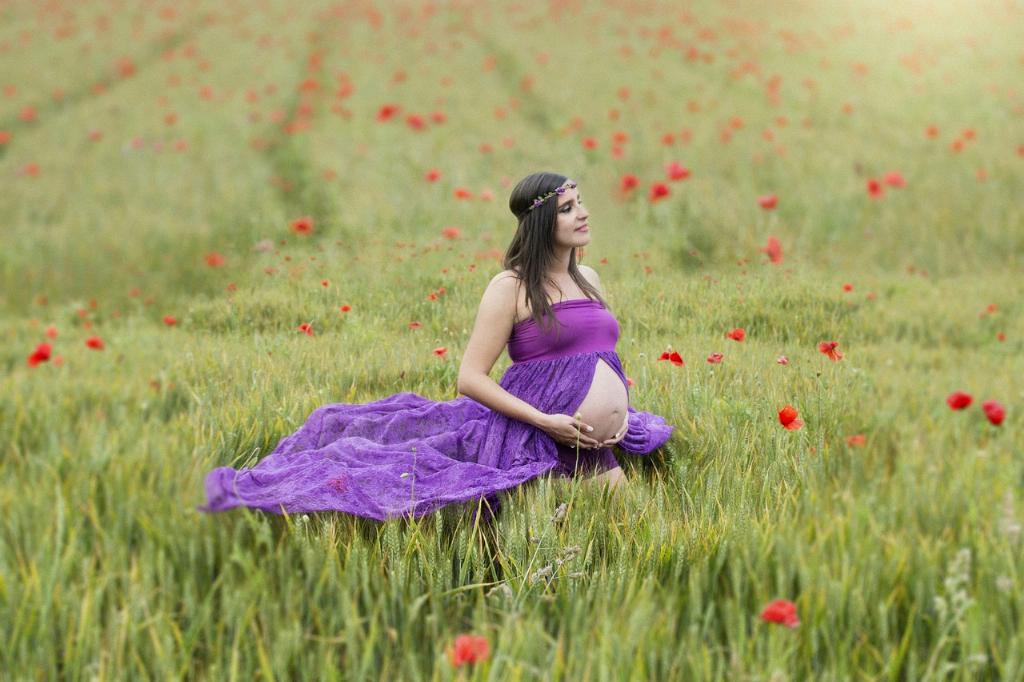When it comes to tracking your menstrual cycle and fertility, you may have come across the term “DPO,” which stands for “days past ovulation.” This term is crucial for women who are trying to conceive or simply monitoring their reproductive health. Understanding what DPO signifies and when it starts is essential for anyone wanting to delve deeper into their menstrual cycle.
The Significance of DPO
DPO is a vital concept for women who are actively trying to get pregnant. It denotes the number of days that have elapsed since ovulation has occurred. Ovulation is the process where a mature egg is released from the ovary, ready to be fertilized by sperm. By knowing your DPO, you can pinpoint the best time for conception and understand your fertility window.
Transition to the Luteal Phase
At 14 DPO, you are entering the luteal phase of your menstrual cycle. This phase occurs after ovulation and before the start of your period. The luteal phase is crucial for implantation to take place if fertilization has occurred. It is during this phase that the uterine lining thickens in preparation for a potential pregnancy.
Calculating DPO
To determine your DPO, you need to track your ovulation date carefully. Ovulation typically occurs around the middle of your menstrual cycle, with the next 12-16 days considered the luteal phase. By keeping track of your ovulation signs and symptoms, you can estimate when your DPO begins and gauge the likelihood of pregnancy.
Factors Affecting DPO Start
Several factors can influence when your DPO starts, including the length of your menstrual cycle, the regularity of your ovulation, and any underlying health conditions affecting your reproductive system. It’s essential to be aware of these factors when monitoring your cycle and understanding your fertility window.
Interpreting DPO Results
As you track your DPO, you may notice patterns and trends in your menstrual cycle. These insights can help you identify potential fertility issues or optimize your chances of conception. By interpreting your DPO results accurately, you can make informed decisions about your reproductive health.
Seeking Professional Guidance
If you have concerns about your DPO or difficulties conceiving, it’s advisable to seek guidance from a healthcare provider or fertility specialist. They can offer personalized advice and recommend tests to assess your reproductive health comprehensively.
Emotional Impact of DPO
For many women, tracking DPO can evoke a mix of emotions, from anticipation and hope to frustration and disappointment. It’s essential to recognize the emotional toll that fertility tracking can take and seek support from loved ones or counselors if needed.
Support Networks and Communities
Joining online support networks or fertility communities can provide a sense of camaraderie and solidarity during your DPO journey. Connecting with others who are on a similar path can offer comfort, advice, and encouragement along the way.
Self-Care During DPO
While tracking your DPO and fertility, prioritize self-care practices to nurture your overall well-being. Engage in activities that bring you joy, practice mindfulness or meditation, and ensure you’re getting adequate rest and nutrition to support your reproductive health.
Conclusion
In essence, understanding DPO and when it starts is crucial for anyone looking to conceive or gain insights into their menstrual cycle. By tracking your DPO, interpreting the results, and seeking support when needed, you can navigate the complexities of fertility with knowledge and resilience.

